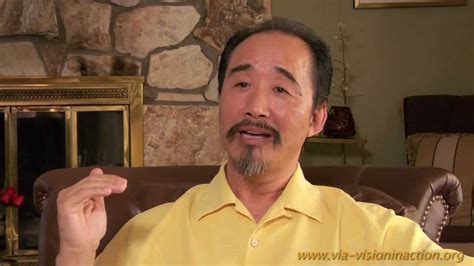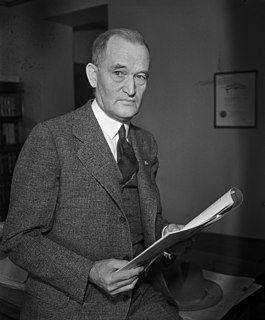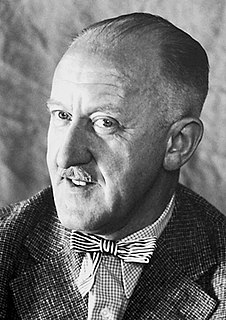A Quote by Soko Morinaga
From the first, in people and in things, there is no such thing as trash. These words point to the fundamental truth of Buddhism, a truth I could not as yet conceive in those days.
Related Quotes
The Truth is far more all-encompassing than the mind could ever comprehend. No thought can encapsulate the Truth. At best, it can point to it. For example, it can say: "All things are intrinsically one (The Pearl of Great Price)." That is a pointer, not an explanation. Understanding these words means feeling deep within you the truth to which they point.
The Bible is a wonderful book. It is the truth about the Truth. It is not the Truth. A sermon taken from the Bible can be a wonderful thing to hear. It is the truth about the truth about the truth. But it is not the truth. There have been many books written about the things contained in the Bible. I have written some myself. They can be quite wonderful to read. They are the truth about the truth about truth about the Truth. But they are NOT the Truth. Only Jesus Christ is the Truth. Sometimes the Truth can be drowned in a multitude of words.
Adorn yourself with truth, try to speak truth in all things; and do not support a lie, no matter who asks you. If you speak the truth and someone gets mad at you, don't be upset, but take comfort in the words of the Lord: Blessed are those who are persecuted for the sake of truth, for theirs is the Kingdom of Heaven (Matt. 5:10).
All those formal systems, in mathematics and physics and the philosophy of science, which claim to give foundations for certain truth are surely mistaken. I am tempted to say that we do not look for truth, but for knowledge. But I dislike this form of words, for two reasons. First of all, we do look for truth, however we define it, it is what we find that is knowledge. And second, what we fail to find is not truth, but certainty; the nature of truth is exactly the knowledge that we do find.
Sometimes I don't tell the truth, which is telling the truth about not telling the truth. I think people don't tell the truth when they're afraid that something bad's going to happen if they tell the truth. I say things all the time that I could really get into trouble for, but they kind of blow over.
Authenticity is fundamental, more fundamental than spiritual enlightenment. Without authenticity, no genuine spiritual enlightenment is possible. Authenticity is the state of being committed to truth. Truth is simple. And no matter how simply a truth is stated, only those who have walked the path of understanding and evolution on their own can know and understand it authentically. The path of truth is the path least traveled. Authenticity is the clarity of being in which there is no self-deceit.
Truth is like the stars; it does not appear except from behind obscurity of the night. Truth is like all beautiful things in the world; it does not disclose its desirability except to those who first feel the influence of falsehood. Truth is a deep kindness that teaches us to be content in our everyday life and share with the people the same happiness.
Rage is really only for the good days. The truth is there's little of that left. the truth is that the forms I see have been slowly emptied out. They no longer have any content. They are shapes only. A train, a wall, a world. Or a man. A thing dangling in senseless articulation in a howling void. No meaning to its life. Its words. Why would I seek the company of such a thing? Why?































